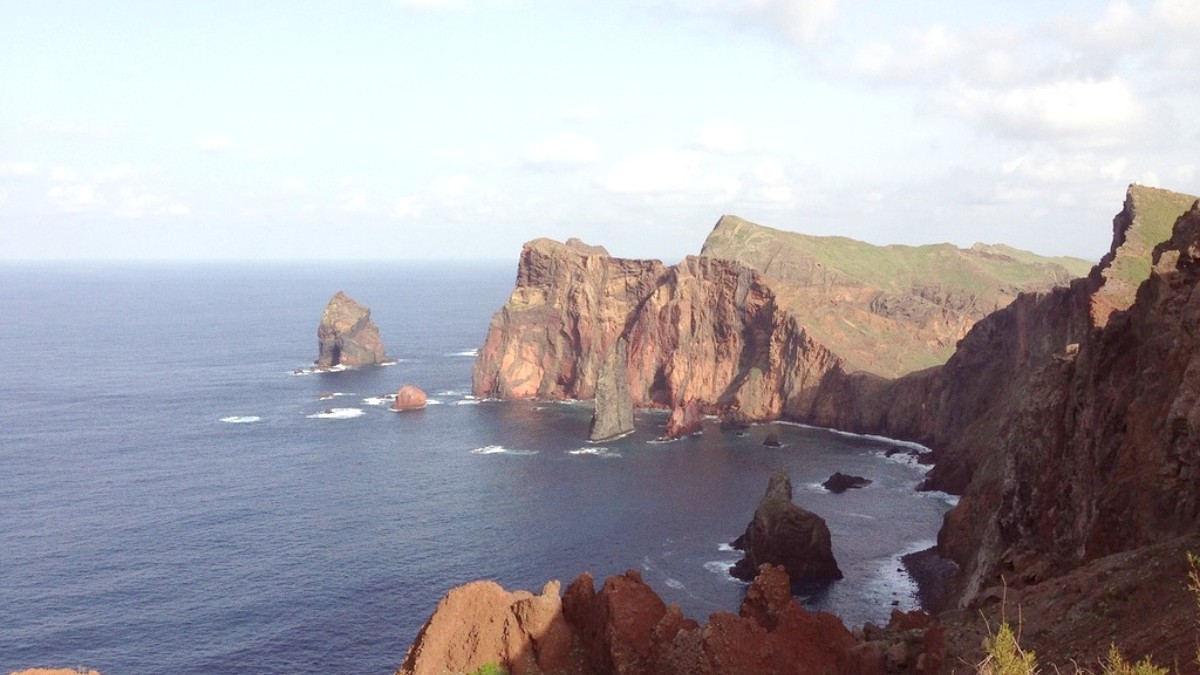
Portugal
Stay on marked trails to safeguard delicate ecosystems and unique biodiversity in natural parks.
Use recycling bins for paper, plastic, metal, and glass; reduce single-use plastics.
Mindful water use is encouraged in accommodations; take shorter showers.
Support initiatives that protect Madeira's natural beauty and address climate impact by choosing wisely.
Large portions of Madeira are designated protected natural parks, most notably the Laurissilva Forest, an UNESCO World Heritage site.
Look for hotels or guesthouses that hold environmental certifications or actively promote sustainable practices.
Make conscious choices for your purchases, supporting ethical production and reducing environmental impact.
Support companies committed to sustainability and ethical production, like Patagonia for sustainable outdoor gear.
Shop PatagoniaReduce waste by using lasting alternatives for everyday items, found at Package Free Shop.
Shop Package FreeCarry a reusable water bottle and fill it from the tap. Funchal's tap water is safe to drink, which significantly reduces plastic waste.
Your interaction with Madeiran culture creates memorable and positive experiences for everyone.
Support local artisans and cultural institutions that actively work to preserve Madeiran traditions, crafts, and heritage.
Learning a few basic Portuguese phrases and showing politeness deepens your connection with locals.
Always ask for permission before taking photos of people, especially children, and dress modestly when visiting religious sites.
Respect privacy if permission is declined; avoid photographing military installations.
Keep your voice low inside churches and avoid flash photography during services.
Consider supporting conservation organizations like The Rainforest Site (GreaterGood).
When visiting the Mercado dos Lavradores, engage with vendors respectfully. Ask for prices before making a purchase, especially for fruits.
Your travel choices directly support Funchal and Madeira, fostering sustainable local development and community well-being.
Opt for tours or experiences that directly benefit local communities. These choices directly support residents.
When purchasing souvenirs or goods, look for fair trade certifications or buy directly from artisans and small producers.
Be aware of potential tourist scams (though rare) and avoid engaging in any activities that exploit animals or people.
If you choose to donate, do so through established local charities or non-governmental organizations.
Your choices help circulate money within the local economy and support local employment.
Enjoy authentic cuisine at family-run restaurants, directly benefiting the island's economy.
Purchase souvenirs directly from local artists and craftspeople.
Choose tours led by knowledgeable local guides for insights and economic support.
Always book tours and activities through reputable, licensed providers to ensure your safety and fair practices. Be cautious of unofficial offers.
Choose locally owned restaurants for your meals. You enjoy authentic cuisine while directly supporting the island's economy.